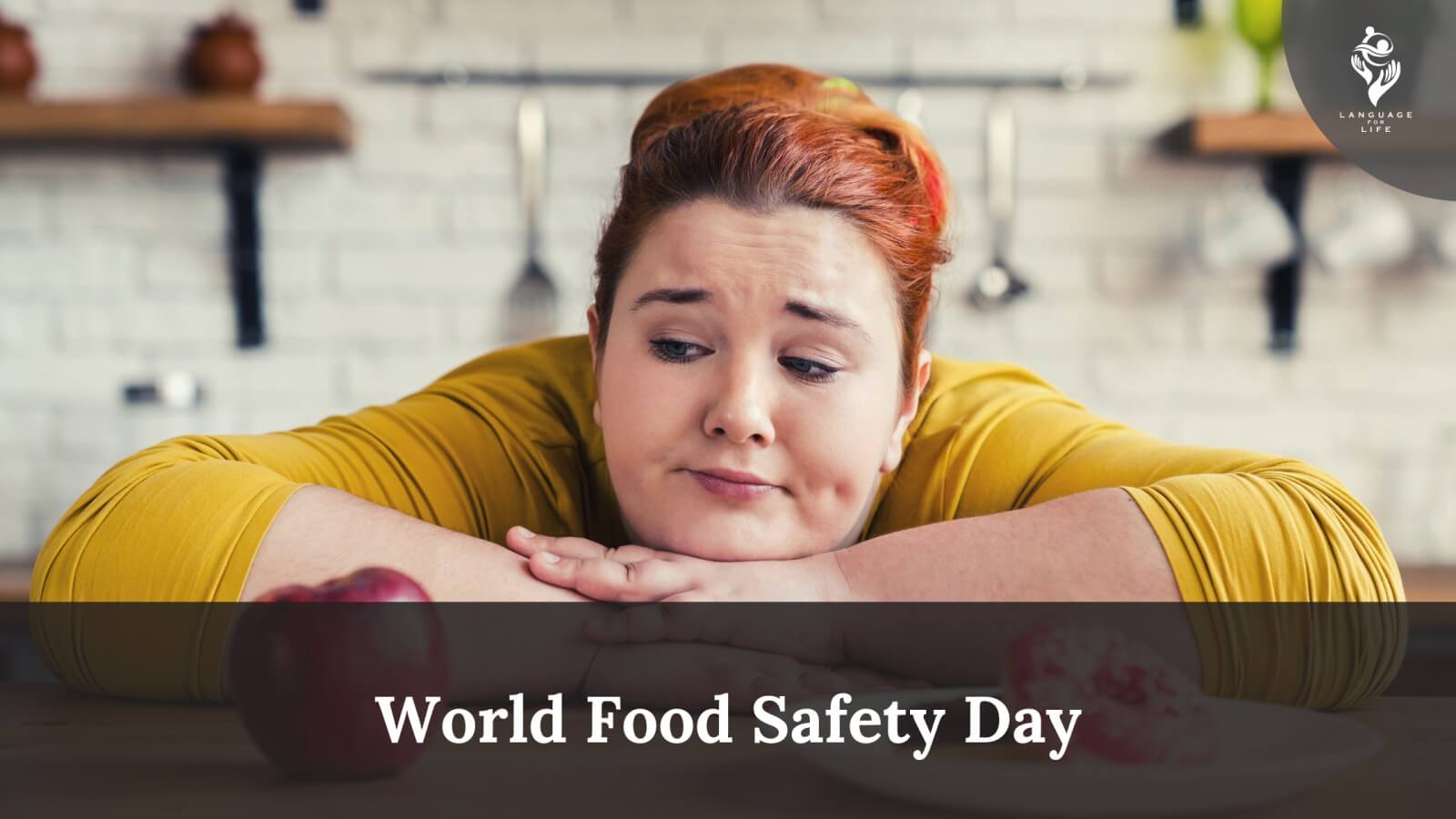From Farm to Table: Understanding the Significance of World Food Safety Day
As a food enthusiast and writer, I have always been fascinated by the journey of food from the farm to our tables. However, the importance of food safety in this journey cannot be overstated.
This is why the United Nations (UN) designated June 7th as World Food Safety Day to raise awareness and promote action on the importance of safe food for all.
In this article, we will take a deeper look at the significance of World Food Safety Day, its history, how it is celebrated, the impact of unsafe food on public health, steps to ensure food safety, the role of governments and organizations in ensuring food safety, and the future of food safety.
Introduction to World Food Safety Day
World Food Safety Day is a UN initiative that was established in 2018 to draw attention and inspire action to help prevent, detect and manage foodborne risks. This day is celebrated on June 7th every year to raise awareness of the dangers of unsafe food and to promote the importance of food safety for everyone, everywhere.
The theme for World Food Safety Day 2021 is “Safe food today for a healthy tomorrow” and highlights the need for sustainable production, consumption, and management of food.
The Importance of Food Safety
Food safety is essential to human health and well-being. Unsafe food can cause a range of illnesses, from mild gastroenteritis to life-threatening diseases such as cancer, kidney failure, and meningitis. According to the World Health Organization (WHO), around 600 million people fall ill, and 420,000 die every year from eating contaminated food. This is a significant public health burden that affects both developed and developing countries. Moreover, foodborne diseases can have significant economic consequences, such as lost productivity, medical expenses, and loss of income for farmers and food producers.
History of World Food Safety Day
The idea of a World Food Safety Day was first proposed by the Codex Alimentarius Commission, a joint body of the Food and Agriculture Organization (FAO) and the WHO that develops food standards, guidelines, and codes of practice. In 2018, the UN General Assembly officially designated June 7th as World Food Safety Day to raise awareness and promote action on the importance of safe food for all.
This day aims to promote the Codex Alimentarius Commission’s work and recognize the vital role of food safety in achieving the UN’s Sustainable Development Goals.
How is World Food Safety Day Celebrated?
World Food Safety Day is celebrated globally through various activities and events organized by governments, organizations, and individuals. These activities aim to raise awareness, share knowledge, and promote action on food safety. Some common activities include:
- Conferences, seminars, and workshops on food safety issues
- Food safety campaigns targeting consumers, food businesses, and policymakers Competitions and awards to recognize food safety champions.
- Media events, such as press releases, interviews, and social media campaigns Food safety training and certification programs for food handlers and professionals.
The Impact of Unsafe Food on Public Health
Unsafe food can cause a range of illnesses, from mild gastroenteritis to life-threatening diseases such as cancer, kidney failure, and meningitis.
The impact of foodborne diseases can be especially severe for vulnerable groups, such as children, the elderly, pregnant women, and people with weakened immune systems.
According to the WHO, foodborne diseases cause around 33 million healthy life years to be lost annually in the world. This burden is particularly high in low- and middle-income countries, where food safety systems are often weak or non- existent.
Steps to Ensure Food Safety
Ensuring food safety requires a multi-sectoral approach that involves everyone in the food chain, from farmers and food producers to consumers and regulators. Some of the key steps to ensure food safety include:
- Adhering to good agricultural and manufacturing practices
- Implementing effective food safety management systems based on Hazard Analysis and Critical Control Points (HACCP) principles
- Conducting regular food safety inspections and audits
- Ensuring proper labeling, packaging, and storage of food products
- Providing food safety training and education to food handlers and consumers Regulating and enforcing food safety laws and standards
- Conducting food safety research and surveillance to identify emerging risks and trends
The Role of Governments and Organizations in Ensuring Food Safety
Governments and organizations play a critical role in ensuring food safety by developing and enforcing food safety policies, regulations, and standards.
They also provide technical assistance, capacity building, and funding to support food safety programs and initiatives. Some of the key roles of governments and organizations in ensuring food safety include:
- Developing and implementing national food safety strategies and action plans Establishing
- Enforcing food safety laws, regulations, and standards Conducting risk assessments and setting
- Food safety criteria and guidelines Providing food safety training and education to food businesses
- Consumers Conducting food safety inspections and audits to ensure compliance with standards
- Promoting international cooperation and collaboration on food safety issues
The Future of Food Safety
The future of food safety is closely tied to the global food system’s sustainability and resilience. As the world population grows, so does the demand for safe, nutritious, and sustainable food.
However, the food system is facing many challenges, such as climate change, environmental degradation, and food waste, that threaten its ability to provide safe and healthy food for all.
To address these challenges, the food system needs to become more sustainable, resilient, and inclusive. This requires a transformation of the food system that involves all actors in the food chain and promotes innovation, collaboration, and accountability.
Conclusion and Call to Action for World Food Safety Day
World Food Safety Day is an opportunity for all of us to reflect on the importance of safe food and take action to promote it.
As consumers, we can make informed choices about the food we eat, demand safe and nutritious food from food businesses, and support food safety initiatives in our communities.
As food businesses, we can implement effective food safety management systems, adhere to food safety laws and standards, and invest in sustainable and inclusive food production.
As policymakers and regulators, we can develop and enforce food safety policies, regulations, and standards that protect public health and promote sustainable food systems.
Resources for Further Learning on World Food Safety Day
There are many resources available for further learning and action on World Food Safety Day. Some of these include:
- The World Health Organization’s website on food safety
- The Food and Agriculture Organization’s website on food safety
- Alimentarius Commission’s website on food standards, guidelines, and codes of practice
- The Global Food Safety Initiative’s website on food safety certification
- The Safe Food Alliance’s website on food safety training and education
Credit : UN World Food Programme

